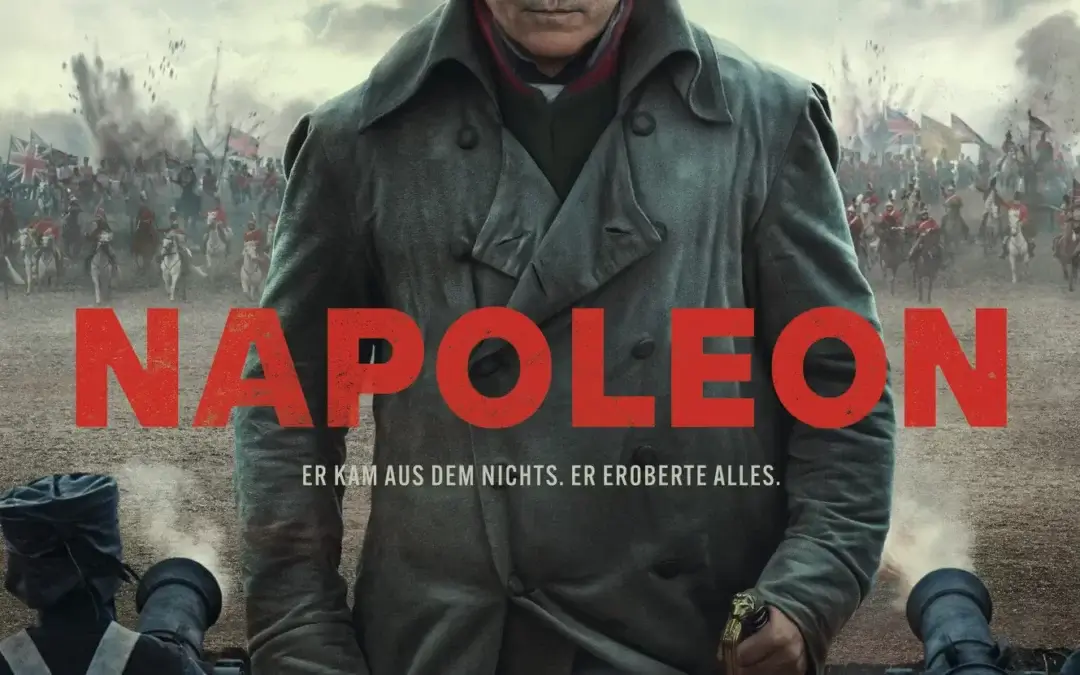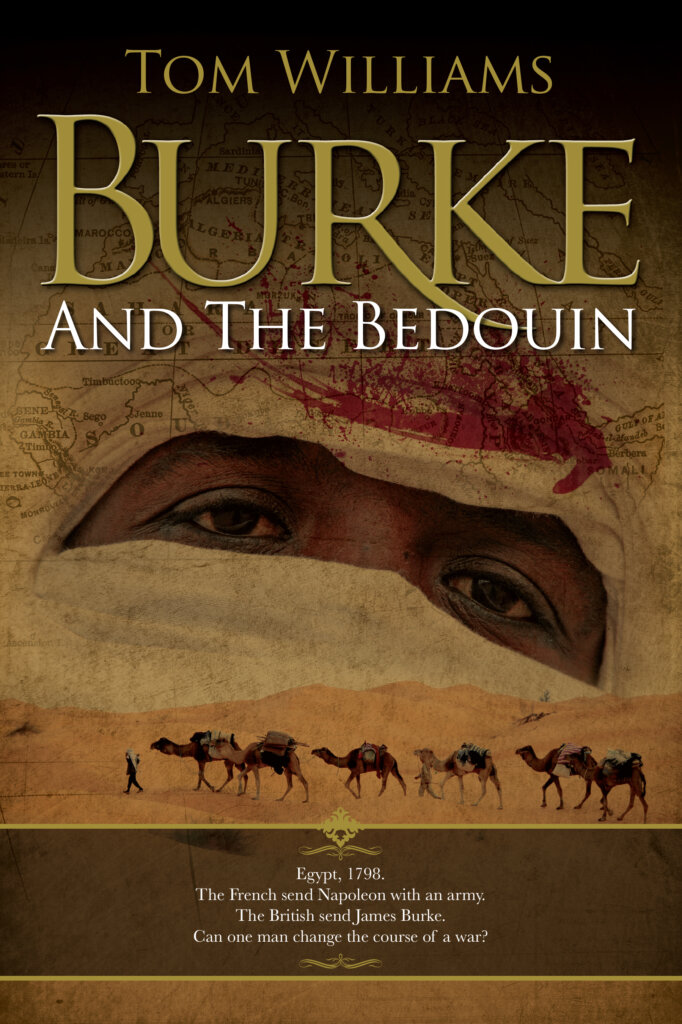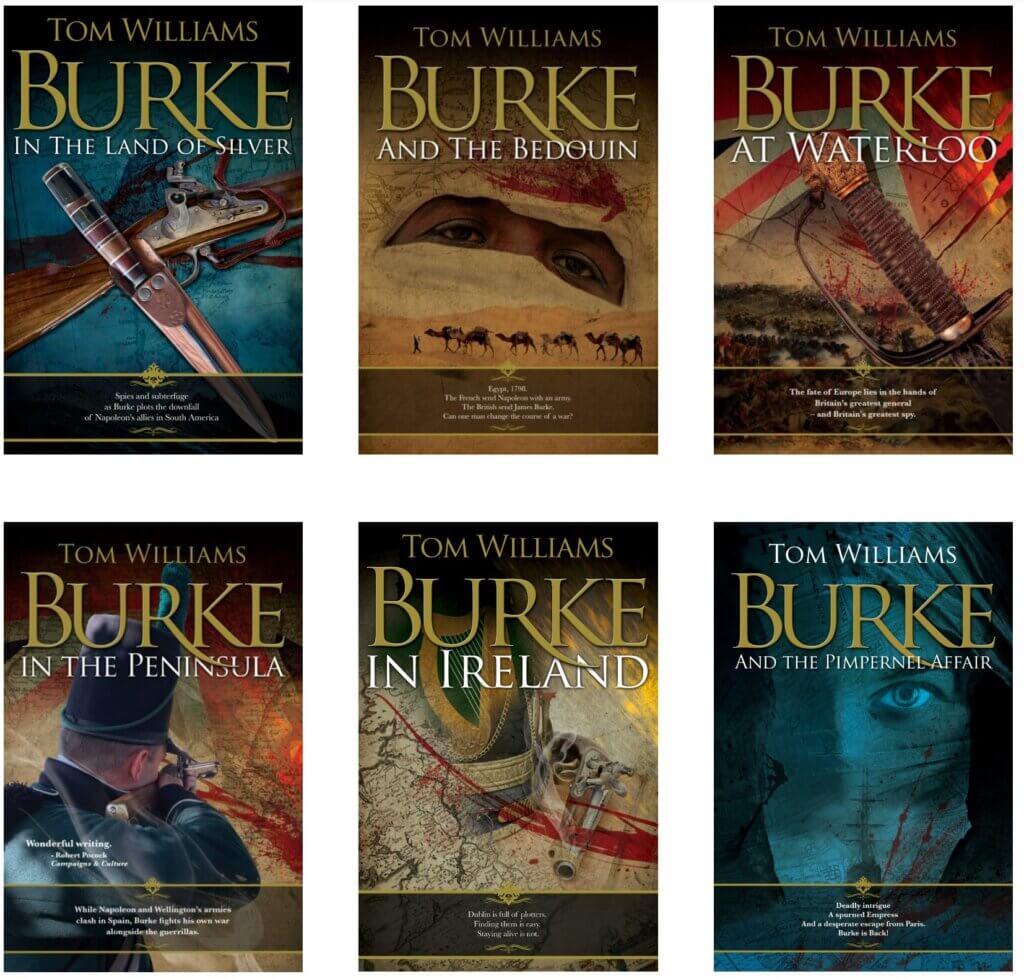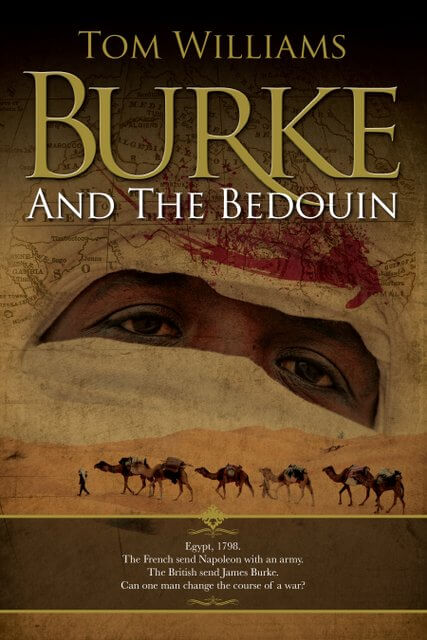by TCW | Dec 1, 2023 | Uncategorized, Writing life
With the launch of Monsters in the Mist and the excitement about Napoleon out of the way, I’m looking back at all the things I haven’t written about this year. Let’s start back in January.
The Remarkably Talented Mr Weaver Presents
This was an opportunity to combine my interest in the Georgian era with an interest in dance. The performance by The Weaver Ensemble celebrated the 350th anniversary of the birth of John Weaver of Shrewsbury who came to London in 1700 where he created what is arguably the first ballet, The Loves of Mars & Venus. His genius was to realise that you could use dance to tell a story (complete with “passions and affections”) without any words.
The pieces are short, so we got two: The Loves of Mars & Venus and The Loves of Pygmalion. They were both rather fun with the actual dancing in a baroque style. We know what the dances would have looked like because they were notated at the time using “Feuillet notation”. The style lacks the elaborate athleticism that we associate with ballet these days. Even a pirouette was impossible in the dresses of the period and, of course, pointe shoes were unheard of.
Here are some photos from The Loves of Pygmalion, which give some idea of the look of the thing. This Pygmalion is a painting rather than a sculpture: hence the frame on stage. Apologies for the blurriness of the third one but I wanted to give some idea of Pygmalion’s rather splendid hat.

by TCW | Nov 28, 2023 | Book review
Here we are with Book 2 of Ailish Sinclair’s ‘A Dancer’s Journey’. Think of it as the second act in a three act ballet – the one where everyone runs around in a riot of colour and sexuality (more or less explicit depending on the date of the original production).
We start with Aleks and Amalphia back in the castle after the drama of Tendu. All seems well, but Aleks is worried that Amalphia is being drawn into a permanent relationship without any other life experience. She should, he thinks, live life on her own for a while, meeting other men and finding out what the city has to offer, rather than burying herself in a Scottish rural idyll.
It’s not a totally mad idea and it sets us up for whole novel’s worth of sex and experimentation but – I don’t know, it doesn’t quite do it for me.
Re-reading my review of Tendu, I said Amalphia came over as very young and slightly out of her depth sexually. This goes double (triple, literally at one point) in Cabriole. Perhaps it’s just that I’m a sad old man, but the frantic sex and the constant angst got me down a bit. This is a girl who is beautiful (she always denies it but the modelling shoots give you a clue), talented and sexy, but who spends so much time and energy moaning.
“I was aware that my state of mind was not quite as balanced as it should be; it took very little to send me into a state of dread. A sweet and sickly scent had me recoil and stagger back in the dressing room one afternoon. Someone was wearing the perfume that Michelle had always used… The other girls looked at me and turned away, my role as social outcast more solidified than ever.
At home too, irrational panic would sometimes rise. Was the pain in my legs my own or was I sensing that Aleks was ill or hurt?”
She drifts straight into a job with a well-respected company and I know enough about ballet to have some idea of just how amazing that would be to most people just starting out. Most outrageously, a lover has given her a luxury apartment in London: seven figures worth of property in a city where many young people (especially in the arts) dream of any sort of flat at all. (A dancer friend of mine was kept awake by the sound of rats running across the ceiling of her room.) Does she just luxuriate in the wonderfulness of her life? No, she’s in her early twenties, so she just works on her inner Emo.
What should make it all more fun (for her and the reader) is the sex. Lots of it. Lots of boys, lots of permutations. But it doesn’t really work. She finds that kink (very mild kink, if truth be told) isn’t really doing it for her. And it’s all really quite tame. I live in London. I have dancey young friends. Honestly, Malph, darling, what you’re describing is what people I know call ‘Friday’. (And, to be clear, I have the dullest, most monogamous life you can imagine and even my friends are more exciting than this.)
The story (and the sex) only really comes alive when Aleks returns to the scene which, fortunately for the reader and Amalphia, is quite often. He’s all Ukrainian and godlike, turning her on by speaking Ukrainian in bed. (Side note: why is this sexy? The only time this has ever come up in conversation with my friends was Czechs who insisted that English was the sexiest language for lovers. Perhaps, in the interests of scientific enquiry, I should run a survey.) He is a brilliant character.
There’s another man. I can’t say who because Spoilers. In comparison to Aleks he is, frankly, dull. But nice. And good.
Amalphia is torn. How to resolve the agonising choice she faces: the amazing sex god or the nice guy who truly and straightforwardly loves her.
This is the crux of the book, the point that justifies everything that has gone before. And, sadly, I can’t say anything about it because if I do then Ailish (and possibly you, dear reader) will have to kill me for ruining a satisfying conclusion. Because the conclusion really is good. According to Ms Sinclair, it was too shocking for her publishers to cope with. And, unlike all the sexual shenanigans, it’s genuinely different.
Cabriole was always going to struggle to keep up with Tendu. Tendu had a mad scientist and terrible experiments in a secret dungeon and lots and lots of Aleks (OK, maybe I’ve got a bit of a crush on Aleks) and it was totally insane, but huge fun. Cabriole is more a journey through a confused young woman’s life and I seem to know enough confused young women (at my age, everyone seems young) not to find the fictional versions that exciting. But it’s a fun story and Sinclair writes well and the insights into the ballet world are interesting and, by the end, I’m held again. The third book in the series should be well worth the wait.
Cabriole is available on Kindle at £3.99 (https://www.amazon.co.uk/Cabriole-Dancing-City-Dancers-Journey-ebook/dp/B0CGJ1QP4G) or in paperback at £13.99.

by TCW | Nov 23, 2023 | Napoleonic history
I’m back from watching Napoleon and, given that many of the people I know (and thousands of those I don’t) will be rushing to share their views, I thought I’d join in.
Is it a good movie? I thought so (though my partner, who watched it with me, was not convinced). It is a wonderful piece of cinema. The fact that we watched it on a huge IMAX screen helped. It is, in every sense, a big film and worth catching in the cinema. Waiting for it to turn up on Apple TV may be a mistake.
What it isn’t is a film about Napoleon, the historical character. It’s best viewed as a romantic drama loosely based on the characters and events of Napoleonic France. There’s no point in playing every historian’s favourite game of ‘spot the mistakes’. They start in the first few minutes of the film, which are so determinedly ahistorical as to suggest that Ridley Scott is making it plain that this is not a conventional historical drama. This is historical entertainment for a generation brought up on the Amazon version of Vanity Fair or on Downton Abbey.
I enjoyed it because I liked the interpretation of the romance of Napoleon and Josephine. Josephine has a significant role in my book Burke and the Pimpernel Affair, so I’m interested in her character, but I do not claim to be an expert. The way the relationship is shown in the film seemed credible to me even if some of the details did not. How you feel about Scott’s take on Napoleon and Josephine’s marriage will probably define how you feel about the film as a whole because everything else is subordinated to it. Most notably, Napoleon abandons his army in Egypt not because of the military and political imperatives that drove him back to Paris but because Josephine has been having an affair. Whilst it’s true as Ridley Scott points out, that I — and other, better, historians — weren’t there, so what do we know? it seems implausible, especially as the affair had been flagrantly started back when Napoleon was on campaign in Italy.
Napoleon’s military achievements are sketched out simply as a background against which to tell the story of his romance. Even the Russian campaign is presented mainly through letters home telling her how much he’s missing her. Yes, he was married to Marie-Louise of Austria by then, but, as far as the film is concerned, it’s still all about Josephine. Marie-Louise is introduced in one scene, produces a son in the next and is then never seen again. Josephine is given more screen time holding the heir than his mother.
When I say the military achievements are ‘sketched out’, I’m being generous. While the battle scenes are enormous, there a very few of them. We get a quick sketch of Toulon, then straight on to the Battle of the Pyramids. (That’s one battle I do know about because it features in Burke and the Bedouin and it’s fair to say that Scott’s depiction of it has hardly any details in common with the real thing.) We get wonderful aerial shots of Austerlitz and then we’re retreating from Moscow. In the next scene (literally) we’re abdicating. (The abdication document is easily available online, so I’m not sure why even that detail doesn’t look quite right, but I’m trying not to quibble.)
The strangest editorial decision is the way that the Battle of Waterloo is represented. It’s entirely understandable that Scott isn’t concerned with what historical purists think about the representation of the other battles, but Waterloo is a famous battle in film, as well as history books. Why Scott has decided to present such an idiosyncratic and, let’s face it, wrong picture of the battle is a mystery. I was really looking forward to the battle of Waterloo and ended struggling to watch.
After that, it’s just an interview with Wellington aboard the Victory (standing in for the Bellerophon and confusing my partner, who may not be a Napoleon buff but who recognises the most famous ship of the time in Britain) and then St Helena where he is shown sitting in the garden and rewriting history before apparently dropping dead on camera, ahistorical to the last.
So, yes, a good movie but not a great movie, and a horrible waste of a wonderful story.
James Burke and Napoleon
My James Burke books are all set during the Wars with France and Napoleon is the big bad wolf behind most of the plots, but only once do we see the man himself. That’s in Burke and the Bedouin, which has a rather better account of the Battle of the Pyramids than Ridley Scott offers, as well as a thrilling story of derring-do in the desert. It features the Battle of the Nile, too.
To encourage everyone to get a better picture of what Napoleon was doing in Egypt, Burke and the Bedouin is just 99p on Kindle until 29 November.
The Battle of Waterloo also features in the series in the unimaginatively titled Burke at Waterloo. You get the Battle of Quatre Bras and an assassination plot against the Duke of Wellington thrown in.
Josephine fans may enjoy Burke and the Pimpernel Affair, which is a relatively light-hearted romp with a prominent role for the Empress.

by TCW | Nov 17, 2023 | Napoleonic history
So it’s almost here!
Ridley Scott’s Napoleon launches on Wednesday 22 November. I’ll be at the IMAX cinema in Waterloo to see it on the big screen.
Will it be a fabulous film? I certainly hope so. Napoleon is a fantastic subject for an epic movie.
EDIT: I’ve seen it now. Check out my review: My take on ‘that’ film
Will it be historically accurate? Even judging from the trailers (and Ridley Scott’s own comments) the answer to that is a very loud NO!
I’ve already written about Scott’s interesting reinvention of the Battle of the Pyramids. Even the few seconds shown in the trailer are horribly inaccurate. But I don’t really care. The film looks amazing. And, for those who want to know what the battle was really like, there’s always the description in Burke and the Bedouin. In the interests of historical education, I’m selling the book for just 99p/99 cents from 23 to 29 November. I’m spending £22 on my ticket to the movie: 99p to get it right seems a small price to pay.

by TCW | Nov 10, 2023 | Uncategorized
It’s November and the Christmas selling season has officially begun. I’m sorry: I don’t make the rules.
At around this time of year I always try to persuade people that they should consider my books as Christmas presents. Amazon lets you gift Kindle copies now, which makes e-books an easy and inexpensive gift. There’s still something special about getting an actual paper book as a Christmas present, though.
Paperbacks aren’t that expensive but postage costs are getting silly and I can see that this puts some people off. Here’s a suggestion for a paperback gift that costs less than some Christmas cards.
Tales of Empire is still available in paperback for just £2.99. It is, admittedly, a slim volume with just four short stories by different historical writers. It features offerings from Penny Hampson, who writes Regency fiction; Antoine Vanner, who writes 19th century naval fiction; Jacqueline Reiter, who does terrifyingly well-informed biographical fact and, here, fiction; and, of course, me, with an offering based on the world of The White Rajah, my mid-19th century biographical fiction. If you are on Amazon Prime, you can have copies of Tales of Empire mailed to your friends with no postage to add to the £2.99. With first class post now costing £1.25, this seems a bargain.
‘But how do I know it’s any good?’ I hear you ask.
Why don’t you pick up a Kindle version FREE before you commit to sending it to your friends? Yes, the Kindle edition of Tales of Empire will be free from tomorrow (Saturday 11 November) to 15 November. Get the e-book free and then buy the paperback for your friends for just £2.99.










